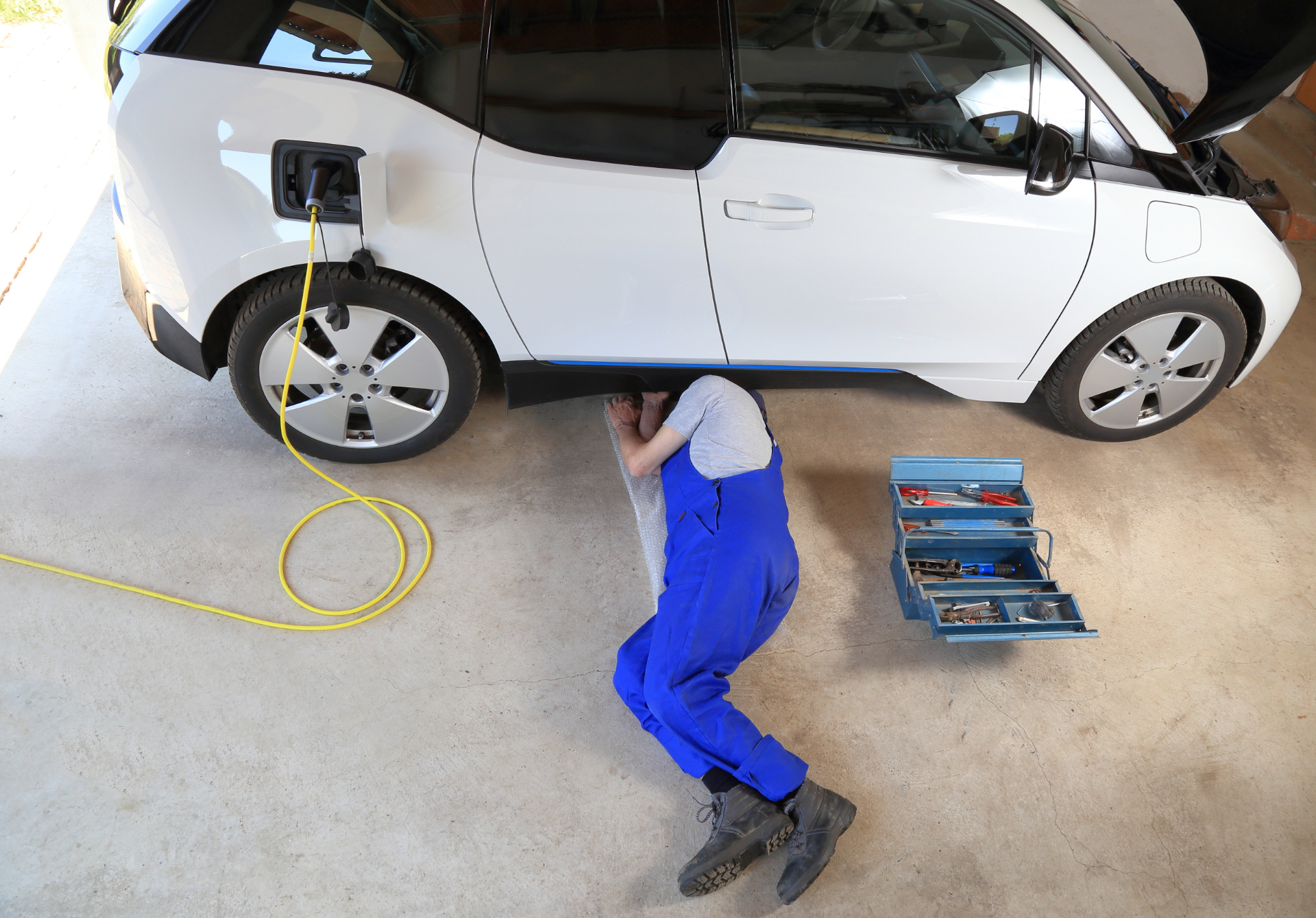Buying a second hand car is often a big financial commitment, and therefore it’s important that you check the background of a vehicle thoroughly so as to determine whether it will be a suitable purchase. In this week’s “Getting to Know” guide, we therefore turn our attention to what vehicle history or provenance checks are, and what they can tell you about a car. This guide focuses on used vehicles bought via an independent garage or franchised car dealership, as The Motor Ombudsman’s Motor Industry Codes of Practice do not cover buying a car from a private individual.
First of all, what information can you find out about a specific used car that you’re looking to buy?
To start off with when visiting the garage, you can carefully read through the seller’s paperwork for the vehicle, test drive the car, and verify that the vehicle description, condition and mileage matches the seller’s description in the advert.
What information is available for free?
The GOV.UK website offers a couple of free main vehicle checks (you will need the vehicle registration number), and they are as follows:
From this information, you will be able to see if the car has suffered any MOT failures, and the issues that have caused them. If these are not clearly visible, this check will give you an idea of the car’s condition and a history of any problems suffered. It will also allow you to see when the last MOT was (if the car is aged three years and over), and how long you have left before the next one is due as this will be an added expense if it is imminent. The mileages recorded when the tests were carried out will also show.
What other information can I get that is paid for?
If you do not have the details available already, there are various websites available where you can get numerous pieces of information about a vehicle in return for a small fee. This will ultimately give you peace of mind as to whether or not the car is a sound investment. You are able to find out the following:
- If there’s any outstanding car finance or loans from the previous owner;
- If the vehicle has been stolen, scrapped or written off;
- If the mileage doesn’t match to what is on the dashboard (i.e. it has been clocked);
- If the Vehicle Identification Number (VIN) and V5C logbook matches the car;
- The number of previous owners; and
- Whether the vehicle has been imported from abroad.
Where can I find a business to buy a used car?
With all of the above taken into consideration, it’s still important to take the time to do your research and due diligence before putting down a deposit or a full payment. To find a reputable independent garage or franchised car dealership which is accredited to The Motor Ombudsman’s Motor Industry Code of Practice for Vehicle Sales (which covers both used and new cars), visit The Motor Ombudsman’s Garage Finder at www.themotorombudsman.org/garage-finder.



